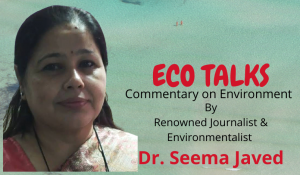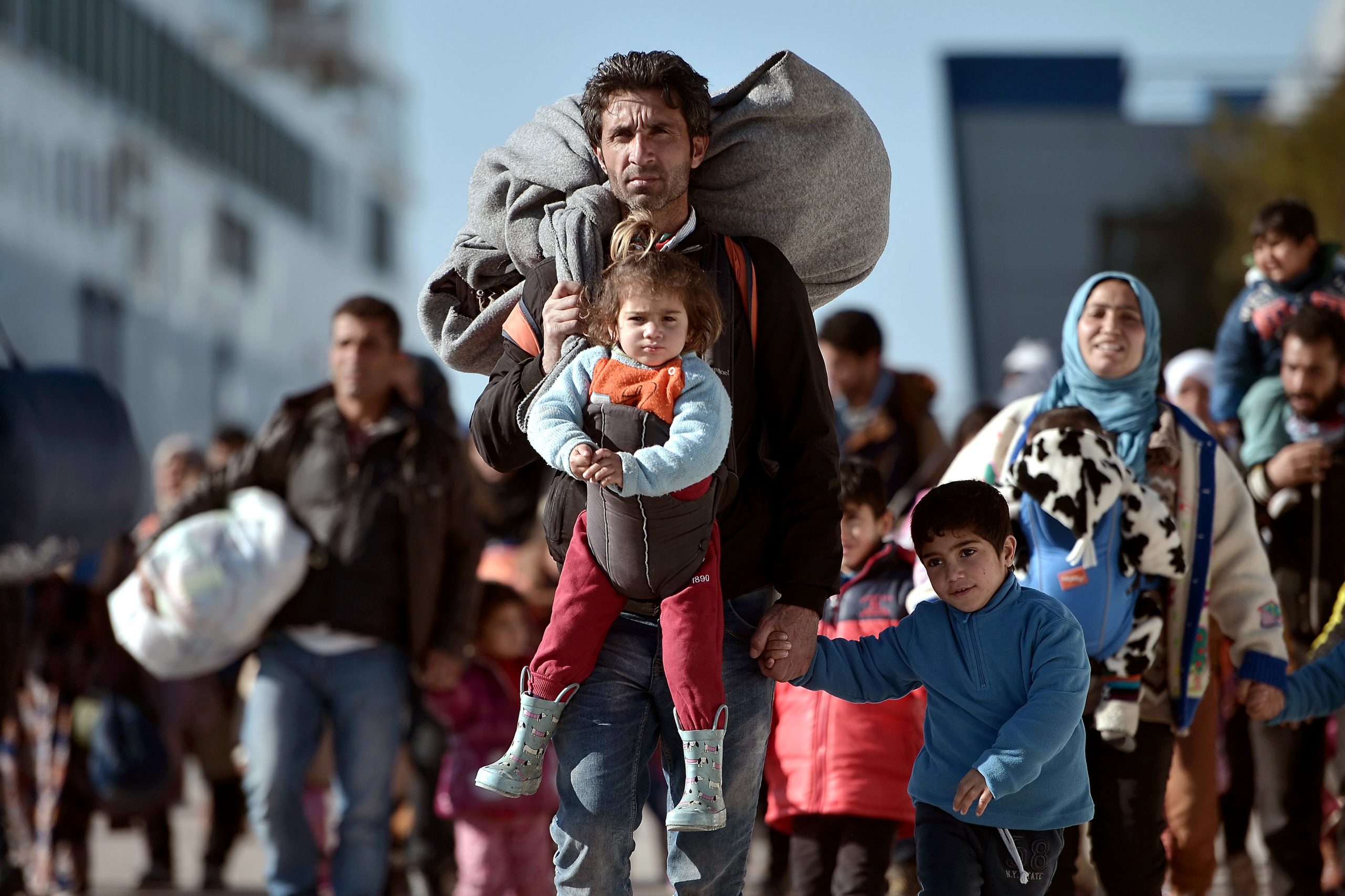 The World Bank’s updated Groundswell report released today finds that climate change, an increasingly potent driver of migration, could force 216 million people across six world regions to move within their countries by 2050. Hotspots of internal climate migration could emerge as early as 2030 and continue to spread and intensify by 2050. The report also finds that immediate and concerted action to reduce global emissions, and support green, inclusive, and resilient development, could reduce the scale of climate migration by as much as 80 percent.
The World Bank’s updated Groundswell report released today finds that climate change, an increasingly potent driver of migration, could force 216 million people across six world regions to move within their countries by 2050. Hotspots of internal climate migration could emerge as early as 2030 and continue to spread and intensify by 2050. The report also finds that immediate and concerted action to reduce global emissions, and support green, inclusive, and resilient development, could reduce the scale of climate migration by as much as 80 percent.
Alex Randall, Climate and Migration Coalition said: “This report makes it very clear that climate change has the power to reshape patterns of migration. This isn’t a distant concern. This is a lived reality for millions of people at the moment. We must make plans to protect the rights, welfare and livelihoods of people who will be on the move. For many, migration is rapidly becoming their best climate change adaptation strategy.”
“It is always communities who have faced histories of exploitation, extreme poverty, conflict and discrimination who are most likely to be forced from their homes by climate change. Because of these complex connections the best solutions always look to protect the rights and welfare of all migrants and refugees, regardless of the reasons for their movement.”
The climate emergency is the greatest security threat facing vulnerable communities in this region. The onset of a global pandemic has now forced many to choose between fleeing their homes in the face of relentless disasters or exposing themselves to the risk of COVID-19.
Climate change is a powerful driver of internal migration because of its impacts on people’s livelihoods and loss of livability in highly exposed locations. By 2050, Sub-Saharan Africa could see as many as 86 million internal climate migrants; East Asia and the Pacific, 49 million; South Asia, 40 million; North Africa, 19 million; Latin America, 17 million; and Eastern Europe and Central Asia, 5 million.
“The Groundswell report is a stark reminder of the human toll of climate change, particularly on the world’s poorest—those who are contributing the least to its causes. It also clearly lays out a path for countries to address some of the key factors that are causing climate-driven migration,” said Juergen Voegele, Vice President of Sustainable Development, World Bank. “All these issues are fundamentally connected which is why our support to countries is positioned to deliver on climate and development objectives together while building a more sustainable, safe and resilient future.”
The updated report includes projections and analysis for three regions: East Asia and the Pacific, North Africa, and Eastern Europe and Central Asia. It builds on the novel and pioneering modeling approach of the previous World Bank Groundswell report from 2018, which covered Sub-Saharan Africa, South Asia, and Latin America.

By deploying a scenario-based approach, the report explores potential future outcomes, which can help decision-makers plan ahead. The approach allows for the identification of internal climate in- and out- migration hotspots, namely the areas from which people are expected to move due to increasing water scarcity, declining crop productivity, and sea-level rise, and urban and rural areas with better conditions to build new livelihoods.
Hamza Hamouchene, North Africa Programme Coordinator at Transnational Institute: Man-made climate change is already a reality in various places in the Global South, including in North Africa. And it is undermining the socio-economic and ecological basis of life in the region. In the last few years, we’ve seen terrible impacts on working peoples’ livelihoods, including desertification, extended droughts, recurrent heatwaves and seawater intrusion into fertile lands. The recent catastrophic forest fires in Algeria and Tunisia are yet another example of the unfolding climate chaos. And yet, the responsibility for the climate crisis primarily lies with the industrialized nations of the Global North. This planetary crisis must be addressed in a just and equitable way while taking into account the differential responsibilities and vulnerabilities between regions and countries.
Alongside a reparations agenda that would include paying climate and ecological debts, we would need to shift away from securitising and militarising the issue because this will be done at the expense of the marginalised and impoverished. In this respect, the right to move, stay and go back needs to be at the heart of this agenda, where border imperialism is challenged.
The report provides a series of policy recommendations that can help slow the factors driving climate migration and prepare for expected migration flows, including:
- Reducing global emissions and making every effort to meet the temperature goals of the Paris Agreement.
- Embedding internal climate migration in far-sighted green, resilient, and inclusive development planning.
- Preparing for each phase of migration, so that internal climate migration as an adaptation strategy can result in positive development outcomes.
- Investing in better understanding of the drivers of internal climate migration to inform well-targeted policies.
Mohamed Adow, Director Powershift Africa said: Climate change is the biggest moral question of our time. No issue more clearly demonstrates on a global scale, the suffering of the global south due to the actions of big polluters of the rich world. That is at the heart of the climate crisis and why we need a solution which is just and addresses these issues, rather than trying to avoid them.
Climate induced migration may be seen as a “security” issue for those in the rich world that helped cause this crisis but for those on the receiving end, forced climate migration is a humanitarian disaster that will see people lose their lives, homes and livelihoods with repercussions on communities for decades to come. That is why the response to climate migration needs to be people-centred and focus on the survivors, not treat them as a security problem to be ‘solved’.
May Boeve Executive Director of 350.org said: “Migration is going to be one of the biggest human rights challenges in our lifetime, and it is not acceptable that this is not on the agenda at the Novembers UN climate talks.
The world is on fire, and whilst it is imperative that we leave fossil fuels in the ground so that we can cut emissions and mitigate the impacts of the climate crisis. It is also essential that we urgently develop mechanisms for people who are forced to leave, that there are safe routes for people and that migration is viewed as part of the solution to adapting to the climate crisis.”
Day by day, more are choosing to cross borders despite the risks because they have no other safe choice.
The need of the hour is for urgent global political commitment to address climate linked mobility using the full framework of a rights-based approach that centres the well being of those facing the worst impacts of the climate-COVID crises. This is non-negotiable.
 Jubilee Post News & Views
Jubilee Post News & Views





